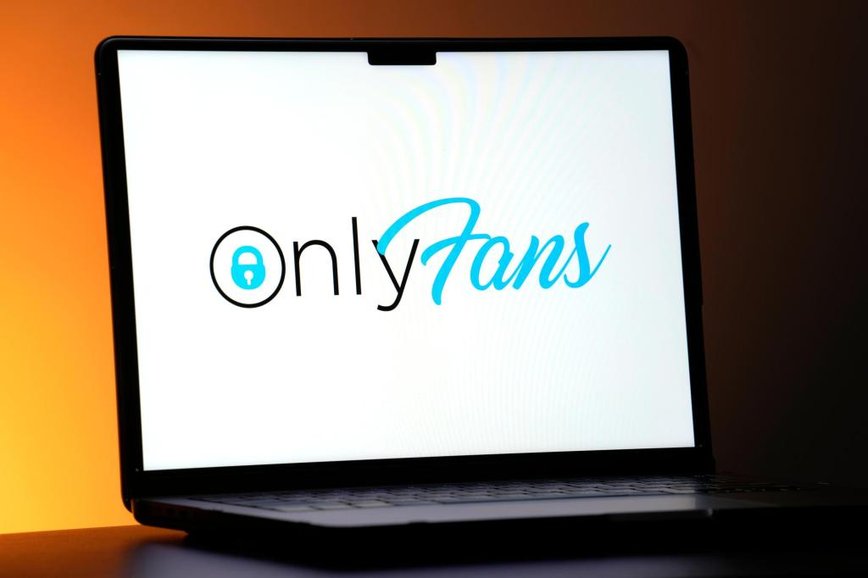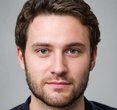
Are Age Checks Online Protecting Kids Or Chilling Internet Freedom? on OnlyLikeFans

Age Verification Laws: A Double-Edged Sword
Online age verification is becoming increasingly common in the U.S. and globally, requiring users to prove their age through ID checks or even face scans. Proponents see these measures as necessary to shield children from adult content, but critics warn they could erode internet privacy and freedom.
Jennifer Huddleston, a tech policy fellow at the Cato Institute, says, “I think that many of these laws come from a place of good intentions. Certainly, we all want to protect young people from harmful content before they’re ready to see it.” However, the effectiveness and impact of these measures are hotly debated.
Legal Battles and Global Trends
More than 20 U.S. states have passed age verification laws, though many face legal challenges. The Supreme Court recently upheld a Texas law requiring age checks to watch online pornography. Meanwhile, the UK mandates age verification for pornography sites, with other platforms like Reddit and Bluesky also following suit.
“Platforms now have a social responsibility to ensure the safety of our kids is a priority for them,” Australian Prime Minister Anthony Albanese remarked, reflecting a global trend toward stricter age checks.
In Australia, children under 16 are banned from social media, a move requiring platforms to implement age checks within a year to avoid penalties.
Privacy Concerns and Technological Challenges
Critics argue these laws threaten privacy, forcing everyone to verify their age, which could hinder free speech and impact small platforms. Bluesky, for example, withdrew from Mississippi due to its stringent age verification law.
Big tech companies like Meta argue age verification should be handled by app stores like Apple and Google, although these giants disagree, citing limitations with such an approach.
Companies are experimenting with AI for age checks, like Google’s YouTube and Instagram. However, this tech raises reliability issues, especially for diverse users. Privacy concerns loom large with potential data breaches, exemplified by incidents like the Tea app's data leak, highlighting the risks of storing sensitive verification data.















